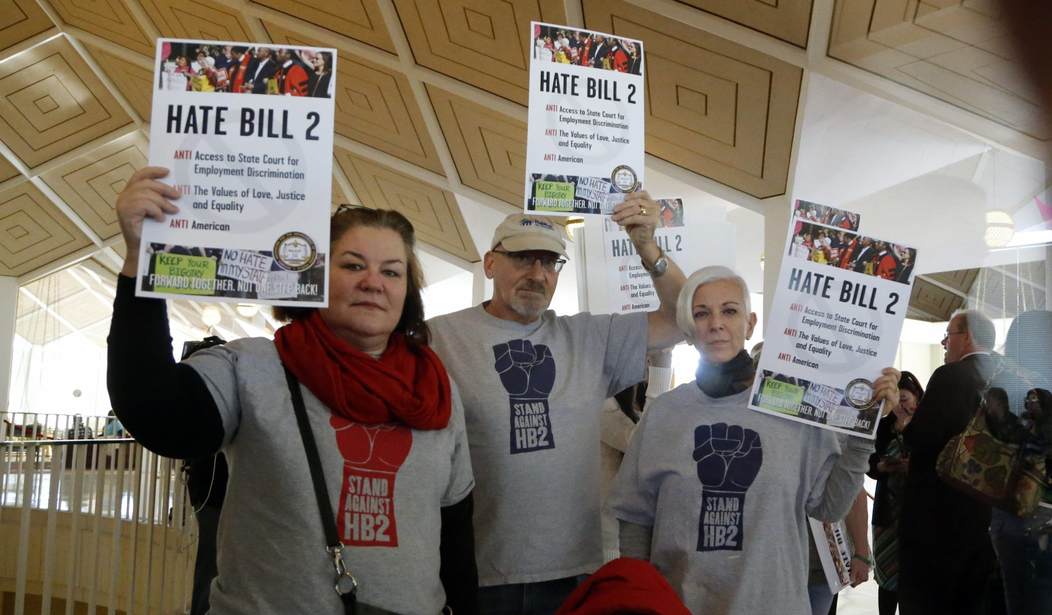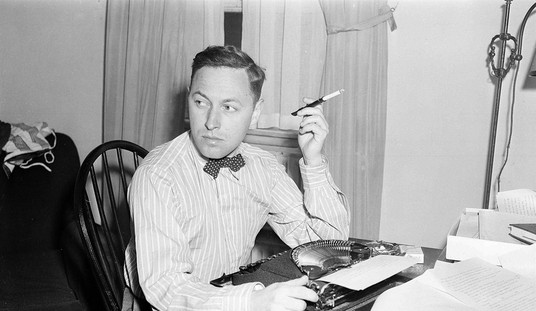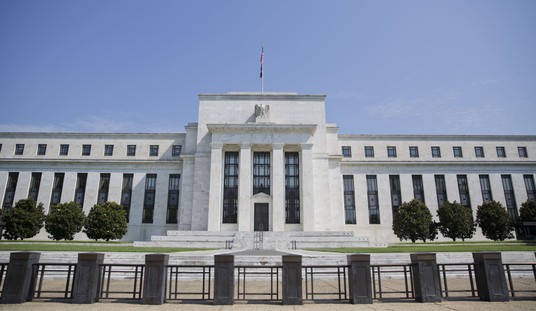When North Carolina passed the controversial HB2 legislation that sparked a national debate on transgendered bathroom use, many lashed out at the state. Calls immediately came in for boycotts designed to hurt the state financially in an effort to teach them a lesson.
Well, the lesson has come in, and you know what? It seems that not many people think men being kept out of the ladies room constitutes discrimination:
It turns out that the economic devastation to North Carolina wrought by the much-publicized boycott over House Bill 2 wasn’t all that devastating — and it wasn’t all about HB2.
Overlooked in the uproar leading up to last week’s repeal of the disputed transgender bathroom bill was its negligible impact on the state’s economy: The loss of business, concerts and sporting events represented just 6/100ths of 1 percent of the state’s nearly $500 billion annual economy.
That is small enough to be considered a “rounding error,” said John Connaughton, professor of financial economics at the University of North Carolina-Charlotte.
“If you back out and take a look at this on an annual basis relative to the state economy, you get less than a tenth of 1 percent. You get 6/100ths of a percent,” said Mr. Connaughton, who based the figure on an analysis released March 27 by The Associated Press. “Honest to God, that’s a rounding error.”
The kicker is that even that “rounding error” may be overstated.
While HB2 was cited as a reason for several companies to pull out of the state, former Lt. Governor Dan Forest claims that Deutsche Bank — who claimed it would not expand into North Carolina due to the law — was already a “dead deal” prior to HB2 being signed into law.
In other words, HB2 may have been used as the scapegoat for deals falling through that were already precarious before to the law’s passage.
Despite all the coverage this issue has gotten, it’s clearly not a big enough issue for most people to actually do anything about it. It looks like the media and leftist activists tried to create the image of a national uproar that did not actually exist.









Join the conversation as a VIP Member